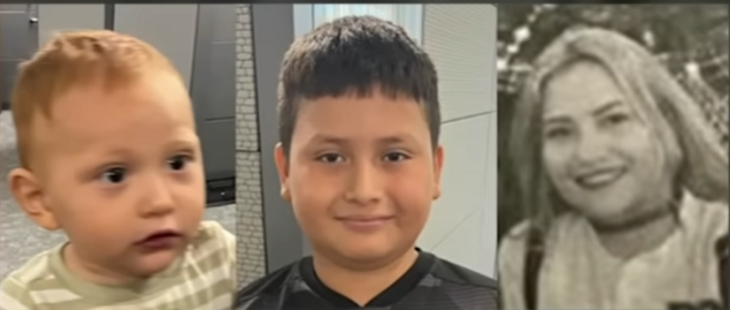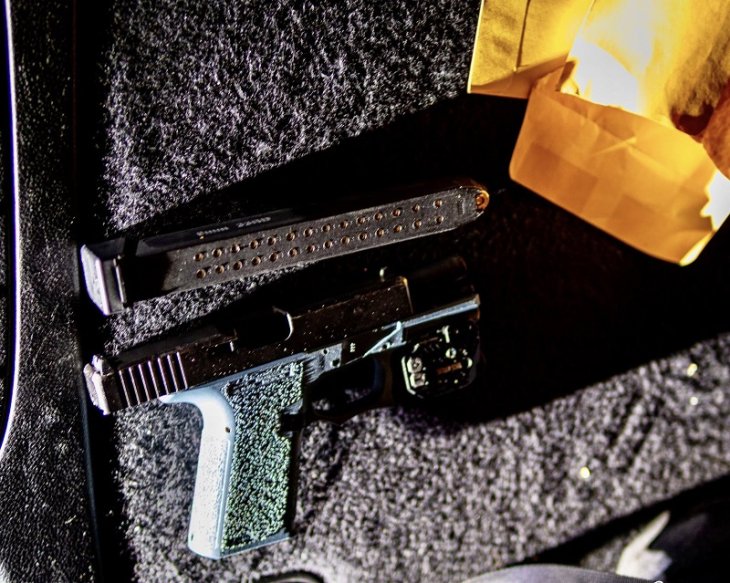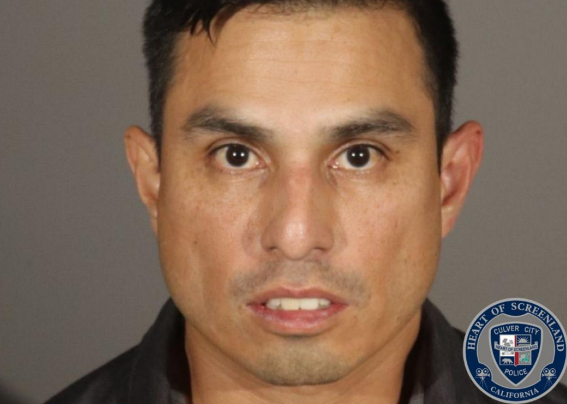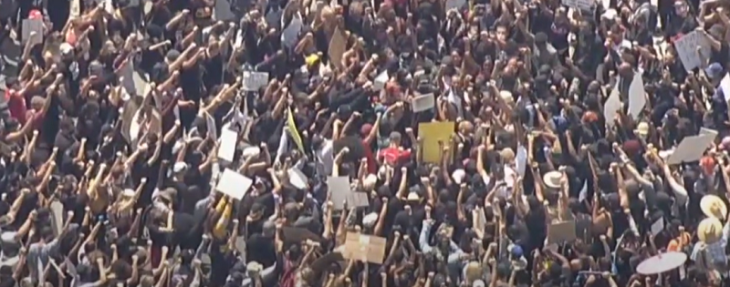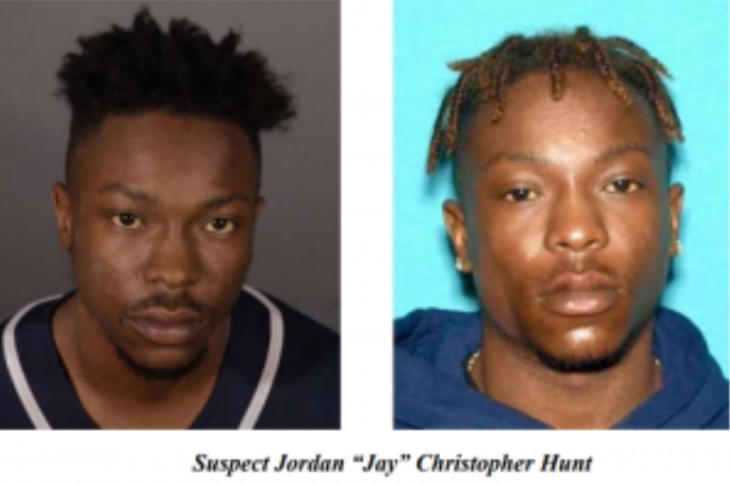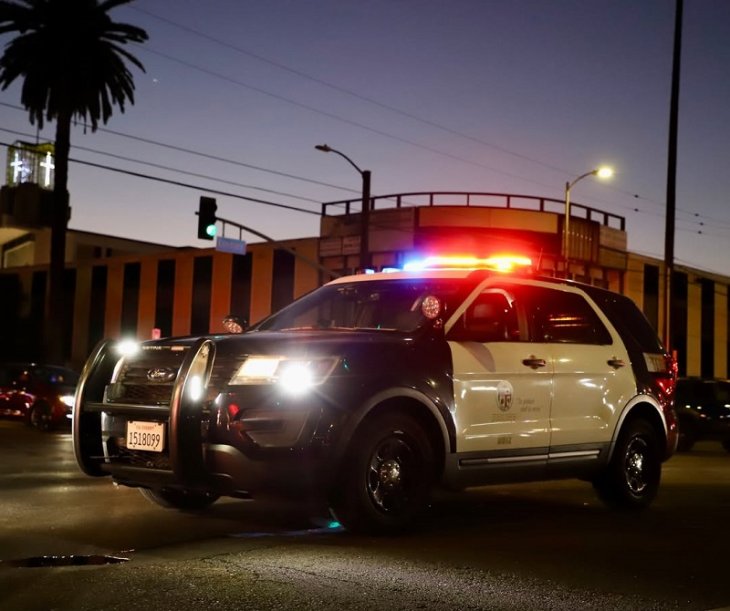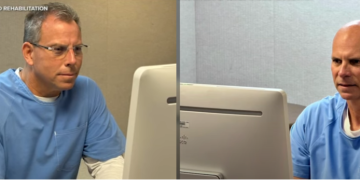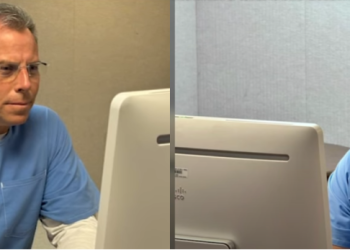A Los Angeles judge Monday overturned a former security guard’s conviction for an 18-year-old woman’s shooting death in a Palmdale park-and-ride lot nearly 17 years ago, noting that new evidence points to gang members who may have killed her during a robbery.
Los Angeles County prosecutors earlier this month asked that Raymond Lee Jennings’ conviction for the Feb. 22, 2000, shooting death of Antelope Valley College student Michelle O’Keefe be thrown out. Los Angeles Superior Court Judge William C. Ryan took the matter under submission following a hearing Jan. 5.
In a court filing in early January, Los Angeles County Chief Deputy District Attorney John K. Spillane wrote that the District Attorney’s Office agrees that Jennings is entitled to relief “based on newly discovered evidence pointing to his factual innocence.”
In his review of the facts, Ryan wrote, “The People’s case against (Jennings) was purely circumstantial. There were no eyewitnesses identifying (Jennings) as the shooter, and investigators never found the murder weapon. Investigators also tested (Jennings’) security guard uniform, but did not find any gunshot residue, blood or fibers from O’Keefe’s clothing.”
DNA found under O’Keefe’s fingernails did not match Jennings, according to the court document.
O’Keefe was shot four times after she returned to her blue Ford Mustang, which she left at the park-and-ride lot so she could carpool with a friend to a Kid Rock video shoot in Los Angeles, where they worked as paid extras.
Jennings was a security guard at the parking lot where O’Keefe was killed.
Jennings, now 42, was arrested five years after the shooting and convicted in December 2009 of second-degree murder by the third jury to hear the case against him. The first two juries deadlocked in a downtown Los Angeles courtroom and the case was eventually returned to Lancaster, where he was found guilty.
The case is the first in which the district attorney’s new Conviction Review Unit has asked a judge to overturn a conviction. The unit has received nearly 1,100 claims of innocence to date.
“The Los Angeles County District Attorney’s Office has lost confidence in the validity of the conviction and requests that this court grant the habeas corpus petition and set aside Jennings’ conviction,” Spillane wrote in the letter to the judge. “Additionally, based upon the current state of the evidence known to us, the Los Angeles County District Attorney’s Office will not seek to retry Raymond Jennings for the murder of Michelle O’Keefe,”
Spillane also noted that the facts uncovered in the ongoing investigation meet “the burden of proof required for a finding of factual innocence” for Jennings.
Jennings, a father of five and an Iraq war veteran, told reporters after the Jan. 5 court hearing he was confident the judge would rule in his favor.
“You know, my heart goes out to the O’Keefes … No matter what’s told to the O’Keefes they’re always going to be under the impression that I’m the one that took their daughter’s life,” Jennings said. “It’s a sad reality. But I hope that they find peace and I hope that this new investigation leads to the conviction of the real perpetrator or perpetrators.”
Jennings — who had been behind bars since his December 2005 arrest and was serving a 40-year-to-life term in state prison — was released from custody on electronic monitoring June 23 at the request of the D.A.’s office while law enforcement completed a new investigation into O’Keefe’s killing.
The victim’s parents said outside court on Jan. 5 that it was still hard for them to believe that Jennings wasn’t involved in their daughter’s killing.
“As far as I’m concerned, he’s still guilty,” Patricia O’Keefe said, noting that she didn’t know anything about the new evidence authorities say they have uncovered.
Jennings’ defense team offered new reports from four experts, including a criminal profiler, security expert, director of a forensic laboratory and a firearms and ballistics expert when it asked the D.A.’s CRU to review the case.
The D.A.’s Office has “ruled out (Jennings) as a suspect in O’Keefe’s murder” and “newly discovered evidence supports the inference that Ms. O’Keefe may have been killed by gang members during a robbery,” according to language from Jennings’ petition cited in Ryan’s ruling.
The suspects were identified only as Jane and John Doe, alleged gang members. Jane Doe was arrested two weeks after O’Keefe’s murder for assault with a deadly weapon and claimed to have information about the killing.
Jane Doe has since been arrested “numerous times for violent crimes, including attempted murder,” according to the court papers.
Four months after O’Keefe’s shooting, John Doe was involved in a carjacking, attempted carjacking and an armed robbery involving a stolen Mustang.
When John Doe was arrested in June 2000, he was wearing an earring that matched the description of an earring O’Keefe was wearing at the time of her death. He was never interviewed about her murder, according to the court ruling.
FBI Special Agent Mark Safarik testified at trial that O’Keefe was murdered when an attempted sexual assault escalated into homicide, providing a motive for Jennings’ involvement. Safarik withdrew his opinion — seen as a “cornerstone” of the case against Jennings — when informed of the new evidence related to Jane and John Doe.
At the time of his testimony, Safarik “assumed and believed that investigators had interviewed all witnesses who were present at the scene,” which turned out not to be the case, according to the court documents.
A defense expert concluded that evidence “strongly suggested the murder was the result of a botched robbery, in part because O’Keefe’s cell phone was stolen and the glove compartment was ransacked.”
Ryan noted that he hadn’t come to his decision lightly and was “not unmindful of the feelings of Michelle O’Keefe’s family and friends.
Undoubtedly, the O’Keefes feel a grave injustice has now been perpetrated. But justice is not measured by the number of people who support the conviction … While to the O’Keefes and others it may feel it is unjust to now grant Jennings relief, it is even more unjust to keep a man in prison who has been excluded by the lawful authorities as the perpetrator after an investigation, and further, as to whom those authorities now acknowledge to not merely be not guilty of the crime, but factually innocent of it.”
In his conclusion, Ryan responded to those he imagined might say that now “no conviction is ever truly final,” quoting an “ancient maxim” that prescribes “Let justice be done, though the heavens may fall.”
District Attorney Jackie Lacey issued a statement acknowledging the family.
“I know this process has been very difficult for the O’Keefe family,” Lacey said. “But this ruling represents an important acknowledgement that my office is dedicated to serving justice, even when it means reopening a closed case based on newly discovered evidence.”
The investigation in O’Keefe’s murder is continuing, Lacey said.




